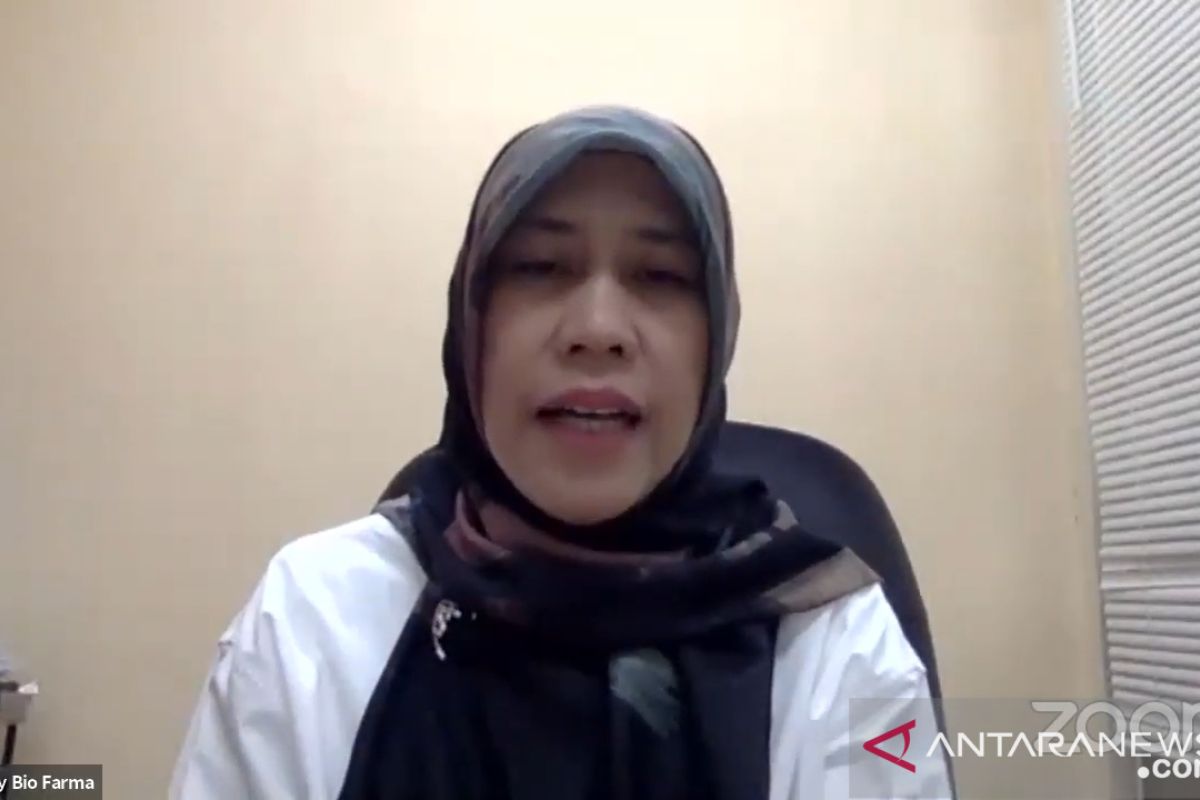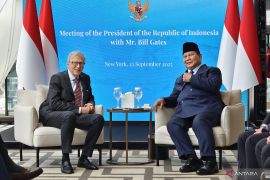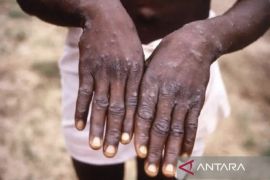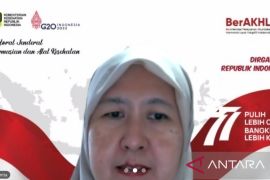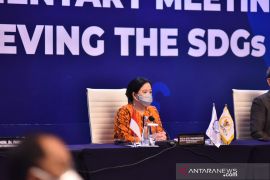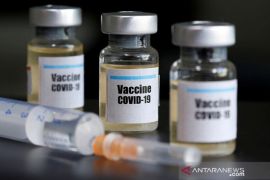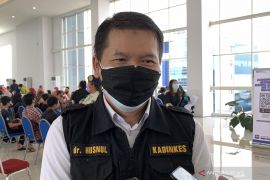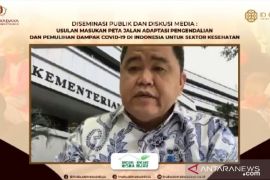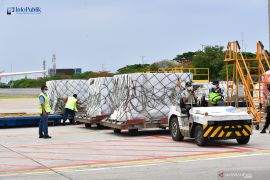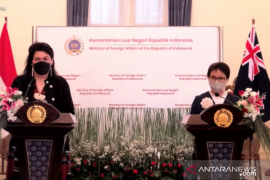"The question arising from the survey is that if the government were to provide the COVID-19 vaccine, will you and your family participate in the immunization? Some 7.60 percent answered they do not want to," she remarked during an online discussion themed, “One Year Reflections on Jokowi-Amin's Government” monitored in Jakarta on Monday.
However, most Indonesians, constituting 64.81 percent of the population, responded in the affirmative to get vaccinated. Furthermore, 27.60 percent of the people did not know whether they were vaccinated.
Nurainy cited varied reasons for the 7.60 percent Indonesians being averse to being vaccinated.
Firstly, uncertainty over vaccine safety constituted 59.03 percent, followed by the community’s lack of surety over the vaccine effectiveness, reaching 43.17 percent; 24.20 percent being apprehensive of the vaccine’s side-effects; and 26.04 percent did not believe in vaccines.
The survey also found that 15.97 percent people refused or were unwilling to get vaccinated on religious grounds, while 31.24 percent were for other reasons.
Hence, Nurainy noted that on the basis of results of the survey involving the WHO and UNICEF on September 30, 2020, all elements should communicate and advocate for the community.
"All elements need to convey the importance of vaccines," she remarked.
Moreover, Nurainy affirmed that in the near future, the government will immediately conduct vaccinations, which called for more intense communication and greater dissemination of information, especially for those refusing to get vaccinated.
Nurainy gave weightage to vaccines being the sole means of dealing with the epidemic.
"Hence, the benefits of vaccines, in addition to controlling the number of deaths, also comprise preventing disabilities and complications arising from the disease," she stated.
In the past, vaccines had saved some 2.7 million human lives from measles, two million from tetanus, and one million from pertussis. In fact, some diseases have been eradicated, for instance shingles, which occurred in 1979.
Disease eradication and no more cases globally were possible owing to the vaccine’s effectiveness.
Moreover, the incidences of several diseases, including rubella, measles, and pertussis, were eliminated or reduced.
"In essence, the vaccine creates immunity in individuals and groups and also globally," Nurainy revealed.
Related news: Govt to offer citizens COVID-19 vaccine derived from three sources
Related news: For herd immunity, need to vaccinate 180 mln Indonesians: minister
EDITED BY INE
Translator: M Zulfikar, Azis Kurmala
Editor: Suharto
Copyright © ANTARA 2020
